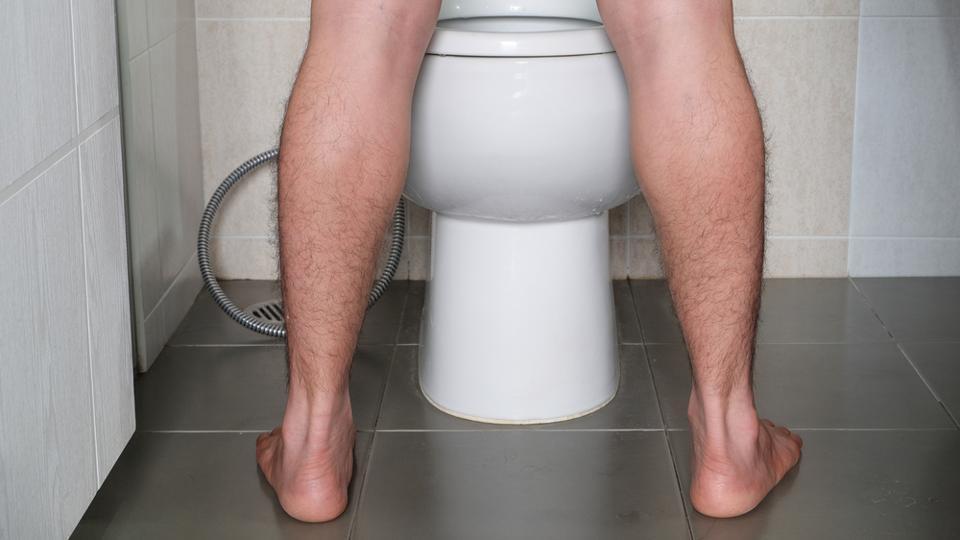

You have to pee several times a day, yet like most people, you don’t like to talk about it much. But did you know that every time you pee, your urine gives important clues about your overall health? Its smell and colour, in particular, can give vital clues to your well-being.
“The healthiest urine colour is clear,” says Dr Shubendu Ghosh, a urologist with RK Diagnostics, Kolkata, “It’s a sign of good hydration.” But if your urine is any shade other than clear or light yellow, it could indicate trouble.
Here’s a guide to what your pee may be trying to tell you – and what you should do.

If your urine is cloudy…
You may have an infection. Bacteria from a urinary tract infection (UTI) can cause a cloudy appearance, not to mention a painful burning sensation when you pee. If you think you may have a UTI, see your doctor, urges general physician, Dr Shayan Dasgupta. A UTI “typically won’t go away on its own,” he warns. And while over-the-counter treatments may help the symptoms, they don’t treat the infection. “Anyone with a UTI should consult a physician,” Dr Dasgupta said, adding, “Cloudiness can suggest the presence of proteins in the urine, and this can sometimes be due to a problem in the kidneys.”

If you are frequently urinating…
Your food and liquid intake and activity level are to blame. If you are wondering how much is ‘normal’ to pee in one day, the typical urine output in a 24-hour period varies between 4-8 times daily. “If you’re urinating more than that, it could be because it’s hot outside and you’re drinking more water. On the other hand, it can also be a red flag for more serious medical conditions,” DR Ghosh said. Frequent urination, he said, could be a sign of diabetes. It can also be a sign of kidney or ureter problems, urinary bladder problems, or another medical condition, such as pregnancy, or prostate gland problems.

If you’re urinating less than a litre…
It’s indicative of dehydration. The most common cause of less urine is dehydration. “If your urine is less frequent, smaller in quantity and darker in colour, it is definitely dehydration, so start drinking more immediately,” Dr Dasgupta said. Decreased urination can also be due to infection, an obstruction in the bladder or urinary tract, or even be caused by some medications, he added.

If it has a strange scent…
It’s most likely due to something that you ate. Urine usually doesn’t have a strong odour. But certain foods, such as bananas, chicken, potatoes, and garlic, can give it a strong smell thanks to vitamin B-6 and sulphur compounds. Medicines can impart an odour, too. “An ammonia-type of smell may be a sign that you’re dehydrated. And a bacterial infection can give your urine a foul odour. Less common causes of funny-smelling urine are rare genetic conditions,” Dr Dasgupta said.

If it smells sweet…
Sweet-smelling urine typically indicates the presence of sugar or glucose. Of course, having diabetes increases the chances of spilling glucose into the urine, if blood glucose levels are too high. “The kidneys will make their best effort to get rid of excess glucose once blood glucose levels climb above 180 mg/dl. In people with Type 1 diabetes and some people with Type 2, who take insulin, sweet or fruity-smelling urine may be due to ketones,” Dr Dasgupta said. Ketones are formed when the body burns fat for fuel, Dr Dasgupta explained, and this can occur when there isn’t enough insulin to move glucose into cells for energy.

If your urine is dark orange or brown…
Start drinking more water. When you’re dehydrated, your kidneys hold on to as much water as possible, which means the urine will be darker in colour and more concentrated, Dr Ghosh said. The urine may have a stronger odour, too. Liver disease or a UTI can cause a similar change in colour, so talk with your doctor if the problem doesn’t clear up.

If it’s blue or green…
Think back to what you ate. The weird colour may be a result of certain dyes in your food. If dinner’s not to blame, check your meds, according to Dr Ghosh. “The colour of the pill can actually excrete into the urine,” he said. If your urine is blue or green, read the warning labels on your prescription bottles to see if a change in urine colour is a known side-effect. If not, give your doctor a call.

If it’s pink or reddish…
Make a doctor’s appointment now. “Red urine is the most concerning,” Dr Ghosh said. While a pinkish hue can sometimes be explained by strenuous exercise, a side-effect from medication, a UTI, kidney stones – or even a healthy helping of beetroot for dinner – it may mean something more serious. “Any degree of blood in the urine has to be looked into. The most significant thing red urine can indicate is a urological cancer,” Dr Ghosh said.
[“source=hindustantimes”]



